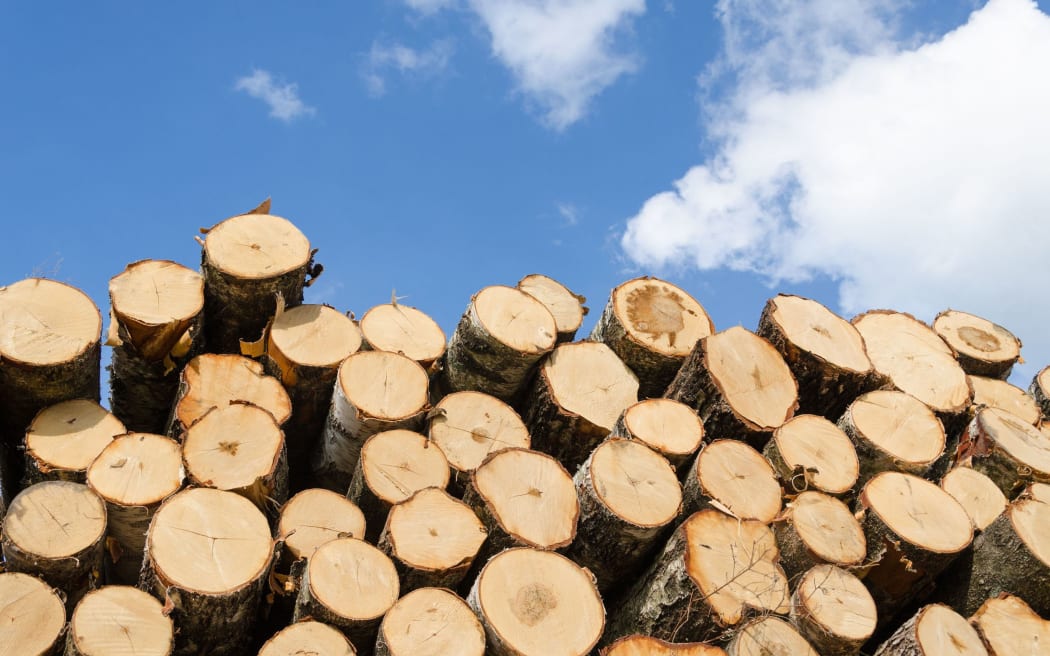New Zealand-pioneered forestry technology that cuts down trees safely on steep slopes is in demand in Canada and the United States.

Photo: 123RF
Designed to reduce the high number of serious accidents in the forestry industry, the technology will be demonstrated to North American companies at a conference in March.
The machines have already reduced accidents, conference organiser John Stulen of Innovatek said.
"The serious harm statistics are well down and that's because over the last three years, 40 of these machines have been put out on the hillside replacing manual tree fellers wherever they could," Mr Stulen said.
"This technology is working and it's stable, and it's not just safer - it's actually much more productive. It's been developed by local contractors with small engineering companies in New Zealand. We're running a conference because everyone wants to hear from these Kiwi logging innovators.
"It's the fact that we're taking contractors that's got everyone excited on the West Coast [of North America]. It's a real Kiwi success story and we're working closely with John Deere and Caterpillar and they're all very interested," he said.
Several New Zealand manufacturers have developed a range of the machines that take a No.8 wire approach to solving the dangerous problem.
Demand for his Rotorua built 'Tractionline' system was already outstripping supply, the general manager of electrical and machinery services Dean O'Connor said.
"So the 'Tractionline' system allows felling machines and shovelling machines to work on steep slopes by being attached to a machine at the top of the hill, which is supporting the machine working on the face," Mr O'Connor said.
"They're linked together by wire ropes. The machine at the top of the hill is operated remotely so there's no operator in there and the machine down the hill has an operator who's controlling tension on the wire ropes. We've certainly seen them working well above 40 degrees [gradient] but that depends on ground conditions, how soft the soil is and whether it's rocky."
"We build the winch assist unit here in Rotorua which is mounted onto an existing excavator base. It doesn't have to be a new base machine in most cases, it's an older base machine and as long as it's a suitable size we can mount and adapt the Tractionline system onto the back of that machine."
The Tractionline system costs about $300,000, Mr O'Connor said.

